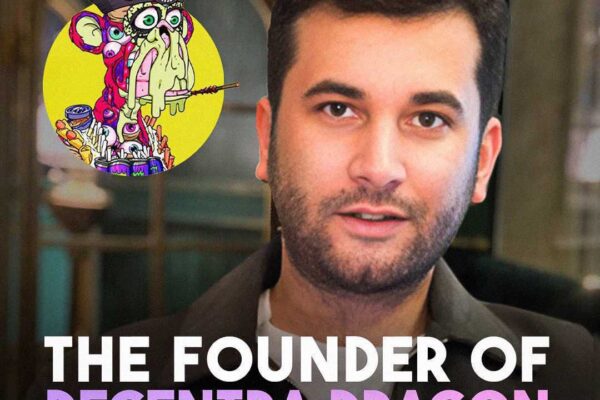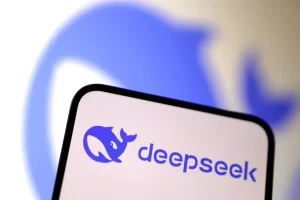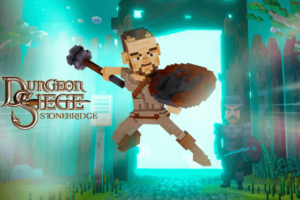In the rapidly evolving world of Non-Fungible Tokens (NFTs), copyright conflicts are becoming increasingly common. The latest tussle involves the internet’s favorite furball, Grumpy Cat. The team behind this iconic feline, an emblem of the viral meme and NFT world, has issued a cease-and-desist letter to Twitter user SlumDoge Millionaire, who had been promoting the $GRUMPYCAT token. The charge? Unauthorized use of Grumpy Cat’s trademarks, sparking an all-new intellectual property (IP) infringement controversy.
Grumpy Cat vs. SlumDoge Millionaire: A digital showdown
On May 22nd, the official Twitter account of Grumpy Cat posted a formal letter addressed to SlumDoge Millionaire, marking the beginning of a legal brawl. The conflict centers around allegations of unauthorized use of the Grumpy Cat copyrights to promote the web3 token named $GRUMPYCAT.
It appears that this digital coin was marketed without securing the necessary permissions from the original Grumpy Cat team, a move that has landed SlumDoge Millionaire in hot water. According to NFT collector @BenLashes on Twitter, SlumDoge responded to this announcement by blocking Grumpy Cat, signaling the onset of what could be a protracted legal battle.
Intellectual Property: The Key to the NFT Kingdom
Intellectual property rights have long been a lifeline for content creators. As we traverse into the relatively unregulated landscape of the NFT market, the significance of these rights is being scrutinized and debated more than ever.
The Yuga Labs’ case against Ryder Ripps has been one of the most notable in the web3 world. Ryder Ripps was accused of exploiting Yuga Labs’ intellectual property related to Bored Ape Yacht Club (BAYC) for his own NFT project named RR/BAYC. The case was eventually decided in favor of Yuga Labs.
Protecting pixels: The role of IP in the NFT marketplace
Another instance involved luxury fashion brand Hermes, who leveled charges of copyright infringement against artist Mason Rothschild. The accusation stemmed from Rothschild’s NFT collection named MetaBirkins, slightly altered versions of Hermes’ iconic Birkin bag line. This case remains in the courts.
These examples underscore a vital truth – intellectual property rights demand as much attention and respect in the Web3 world as they do in our traditional, real-world setting. The Grumpy Cat incident serves as a poignant reminder that the rights and responsibilities of digital creators are just as relevant in the digital realm as they are in physical reality. The road ahead, while filled with potential, must be navigated with respect for established laws and principles.
Source: nft.news

This information is published by the NFT News media team.











